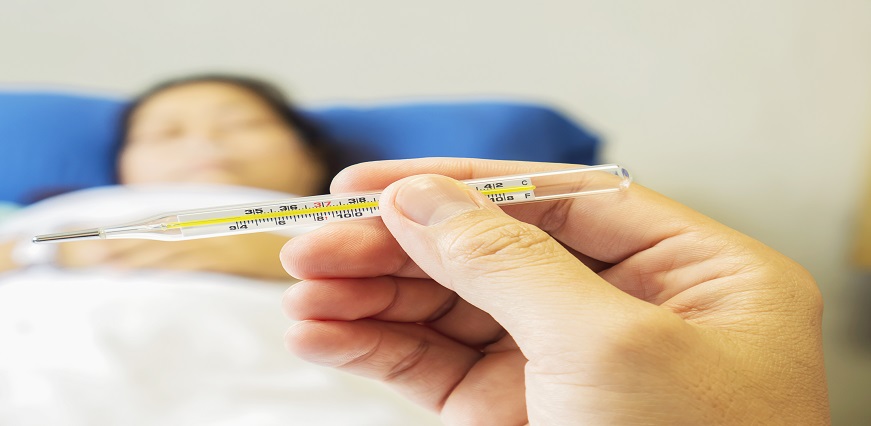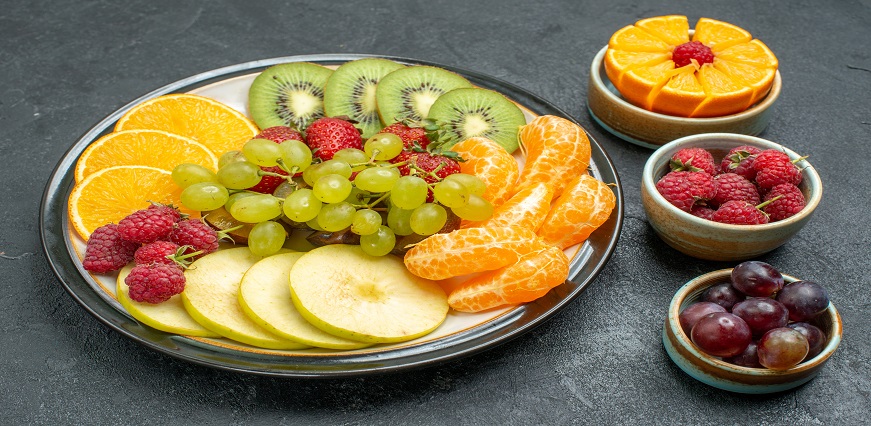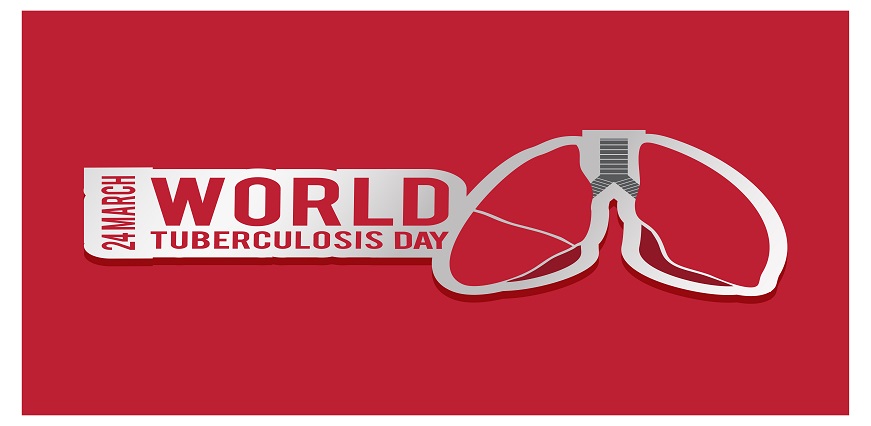





No lab centers are available in this city

Max Lab
Oct 04, 2023
Urinary tract stones, commonly known as kidney stones, are hard mineral deposits in the kidneys. Kidney stones often form in the urinary tract or kidney when the urine becomes concentrated, allowing minerals to crystalise and clump together. These substances can include oxalate, calcium, uric acid, and a few other compounds. Kidney stones can restrict the flow of urine, which can cause damage to the kidney and sometimes cause kidney disease. The size of the kidney stone can range from a grain of sand to a pea and can cause severe pain when passing through the urinary tract system. A small kidney stone can pass through the urinary system without causing any irritation or pain. A larger kidney stone may get stuck along the way, which calls for immediate medical intervention.
Kidney stones can form due to multiple factors, and their development includes a complex interplay of lifestyle, genetics and dietary choices. For an effective kidney stone treatment, a Urologist may ask the individual to make appropriate dietary and lifestyle modifications to cure the condition. To elaborate further, there are various types of kidney stones which a person can develop over time. The different types of kidney stones include calcium, uric, struvite, cystine stones, etc. Hence, no single diet plan may work for all types of kidney stones. Many dieticians, kidney specialists and nephrologists recommend the person to follow a Dietary Approaches to Stop Hypertension (DASH) diet to stop kidney stone formation. Because kidney stones vary from person to person according to the minerals they carry, dietary recommendations also vary.
A well-balanced and healthy diet plays a crucial role in improving the condition of kidney stones and kidney-related diseases. Several food items that are recommended for kidney stone prevention include:
Calcium Rich Food
People with kidney stones, especially calcium oxalate stones, must have enough calcium in their diet to prevent the kidney stone from binding with oxalate and reducing its absorption. An individual can opt for low-fat dairy products, such as yoghurt, cheese, tofu, etc. or fortified food, such as leafy green vegetables.
Potassium Rich Food
Introducing potassium-rich food to the diet for kidney stones, such as bananas, sweet potatoes, oranges, etc., can work wonders for kidney stone prevention. These food items can help decrease urine calcium levels, ultimately preventing stone formation.
Plenty of Fluids
Keeping oneself hydrated is the key to diluting the substances that can lead to kidney stones, as dehydration is often the root cause of kidney stone formation in most individuals. As per the National Institute for Diabetes and Digestive and Kidney Diseases (NIDDK), a person must drink an average of six to eight glasses of water every day.
Fruits and Vegetables
A bowl of plenty of fruits and vegetables is a good source of potassium and fibre, which can help reduce kidney stone formation. Fruits with high levels of citric acid, such as oranges, lemons, grapefruits, etc., are a major boon for kidney stone patients. On the other hand, vegetables such as spinach can help the kidneys flush out toxins and prevent the formation of stones.
To prevent kidney stone formation effectively, one must be aware of the foods that can pose potential reasons for kidney stone formation. Some of the food items to avoid kidney stones include:
High Sodium-rich Food
Consuming food containing high sodium content can increase calcium levels in the body, which will ultimately lead to kidney stone formation. Hence, one must avoid processed foods, such as canned juices, soups, meals, etc., to eliminate high levels of sodium.
High Oxalate-rich Food
Although oxalate-rich foods are good for kidney stone prevention, food with high oxalate content must be strictly avoided. Spinach, wheat bran, nuts, etc., are great sources of oxalate, which can form stones in the body in combination with calcium in the urine.
Animal Proteins
One must avoid animal proteins, such as red meat, poultry, seafood, eggs, etc., which can increase uric acid levels.
Mitigate Salt Intake
An increased sodium level can elevate calcium levels in the body, which can lead to kidney stone formation. Hence, daily intake of sodium levels not more than 2,300 mg per day is recommended by most dieticians and kidney stones specialists.
Sweetened Drinks
Fructose and other sources of sugar are one of the reasons for kidney stone formation. One must totally avoid soda, artificial fruit flavoured and sweetened beverages, such as coffee or tea, to avoid kidney stones.
While kidney stones are a prevalent issue, they can be managed and prevented by following strict dietary and lifestyle modifications. A doctor may order a kidney stone test to confirm the condition and recommend a personalised diet plan. Dietary and lifestyle changes are the first line of defence against kidney stone formation. Hence, one must seek consultation with a dietician or nephrologist if they feel a sharp pain in the kidney stone pain areas like the back or lower abdomen so that they can guide the best course of action based on kidney stones severity.












Sign up takes less than 60 secs and gives you access to your offers, orders and lab tests.
Looks like you are not registered with us. Please Sign up to proceed
OTP will be sent to this number by SMS
We have successfully received your details. One of the agents will call you back soon.
 To reach our help desk call 9213188888
To reach our help desk call 9213188888
No Lab Centers are available in this city
Looks like you are not registered with us. Please Sign up to proceed
OTP will be sent to this number by SMS
Not Registered Yet? Signup now.Looks like you are not registered with us. Please Sign up to proceed





 7982100200
7982100200.png)
Comments